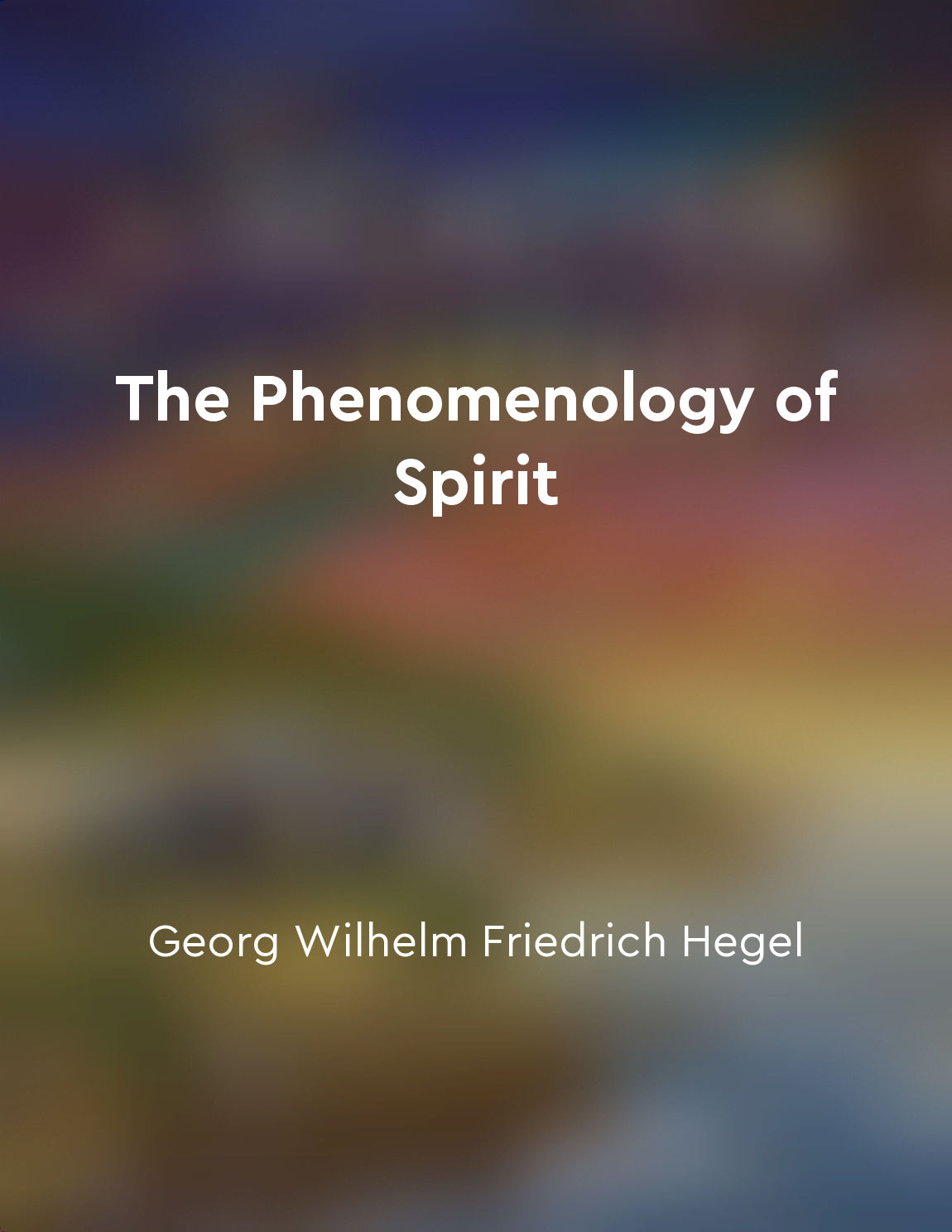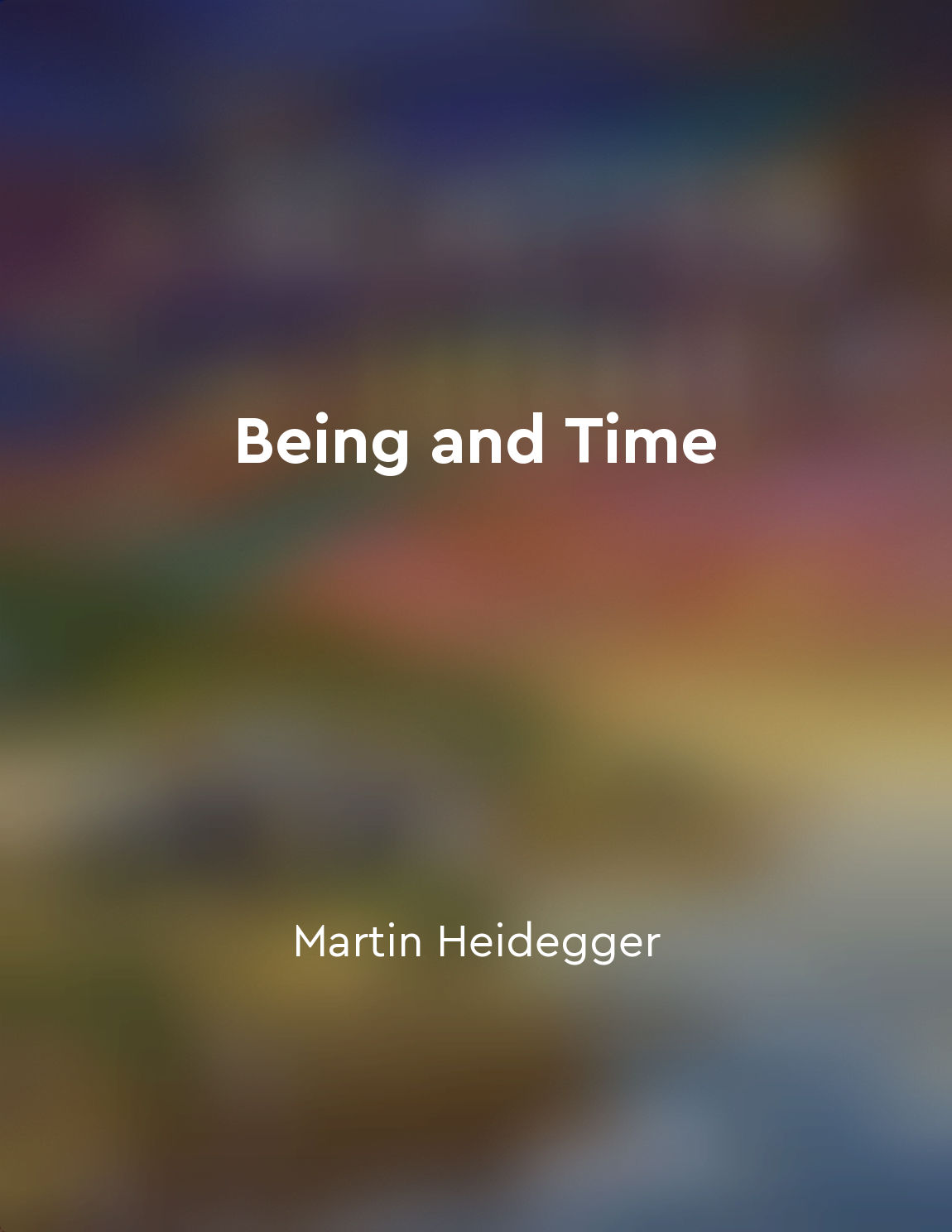The existentialist emphasis on freedom can be both liberating and terrifying from "summary" of Humanly Possible by Sarah Bakewell
Existentialist philosophers have a lot to say about freedom, and it's a central theme in their work. The idea that we have the power to choose our own path in life is both liberating and terrifying. On one hand, the thought that we are not bound by any predetermined fate can be incredibly empowering. We are free to create our own meaning, to shape our own destiny. This can give us a sense of autonomy and agency that is invigorating. However, with this freedom comes a great deal of responsibility. The weight of our choices can feel overwhelming at times. We can no longer rely on external sources to provide us with guidance or direction. We must take full ownership of our decisions and the consequences that come with them. This can be a daunting prospect for many people. Existentialists believe that this kind of freedom is a fundamental aspect of being human. It is what sets us apart from other beings and gives our lives meaning. But this freedom also comes with a sense of anxiety. The idea that we are solely responsible for our own existence can be unsettling. It forces us to confront the uncertainty and unpredictability of life. In the face of this existential angst, some people may try to avoid their freedom altogether. They may seek refuge in conformity, tradition, or external authorities. They may try to escape the burden of choice by relinquishing their autonomy. But according to existentialist thinkers, this is a mistake. True freedom, they argue, can only be found by fully embracing our responsibility and accepting the inherent risks that come with it.- While the existentialist emphasis on freedom can be liberating in its potential for self-creation and self-determination, it can also be terrifying in its demand for radical individuality and self-reliance. It is a double-edged sword that requires us to confront our deepest fears and uncertainties about our place in the world. Ultimately, it is up to each of us to decide how we will navigate this existential dilemma.
Similar Posts
Seek growth opportunities
The concept of seeking growth opportunities is crucial for personal and professional development. It involves actively looking ...
Adaptation to fastpaced change
The ability to adapt to fast-paced change is crucial in the modern world. In today's rapidly evolving technological landscape, ...

Spirit as social reality
The spirit is the social reality itself, for the spirit is the field of culture, the entire mass of institutions and customs, t...
Early philosophers sought to understand the nature of reality
Early philosophers grappled with the fundamental question of what truly exists in the world. Thales of Miletus believed that ev...
Sartre rejects the existence of God
Sartre vehemently denies the existence of a higher being in the universe. He argues that the concept of God is a creation of hu...
Ancient Greek philosophers laid the foundations for Western thought
The ancient Greek philosophers were the first to systematically explore the nature of reality and the human condition. Thales, ...
Alienation arises from societal expectations
In the eyes of society, we are defined by the roles we play and the expectations we must meet. We are expected to conform to ce...

Understanding the past is essential for a meaningful existence
Understanding the past is not merely a matter of intellectual curiosity, but a fundamental aspect of our existence. By delving ...

